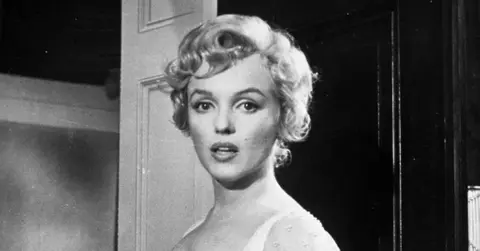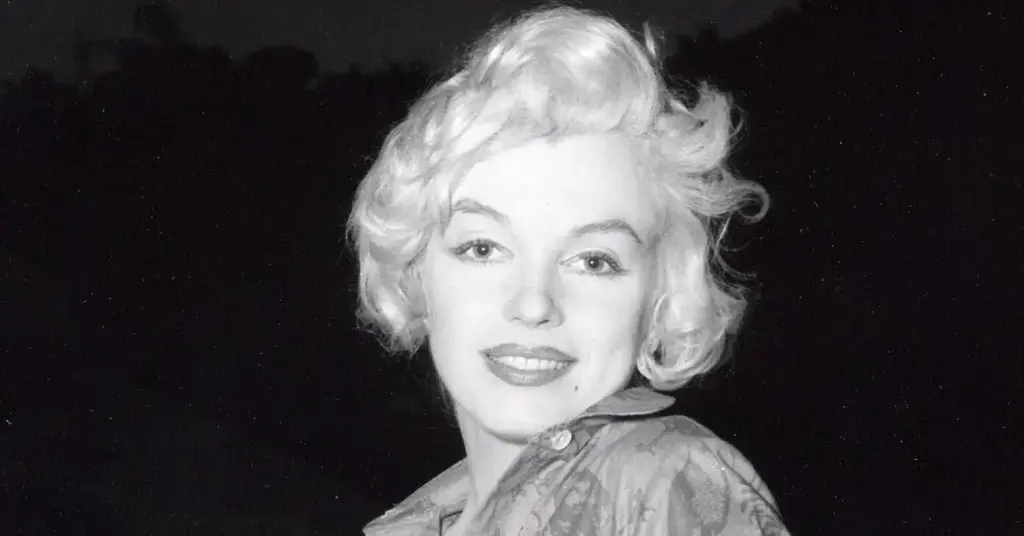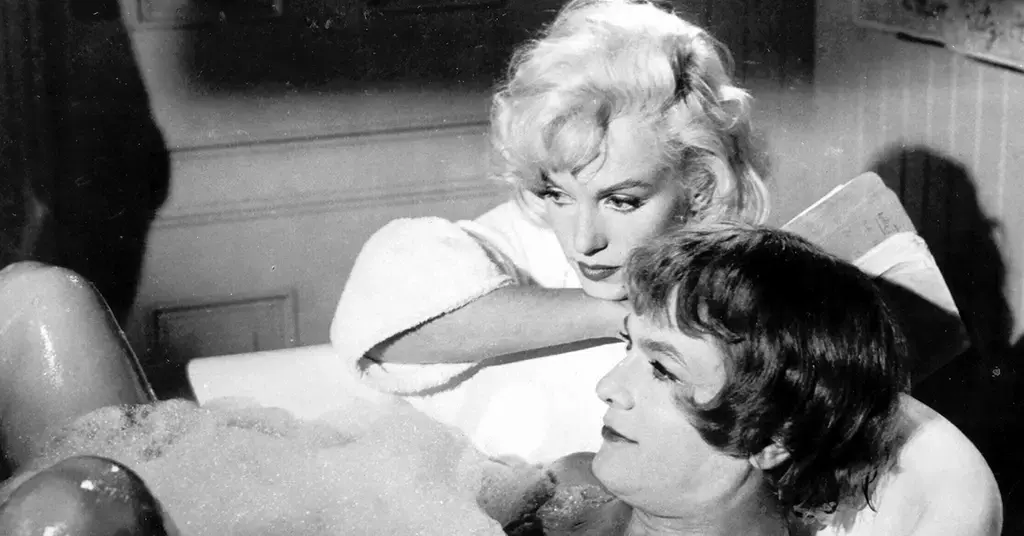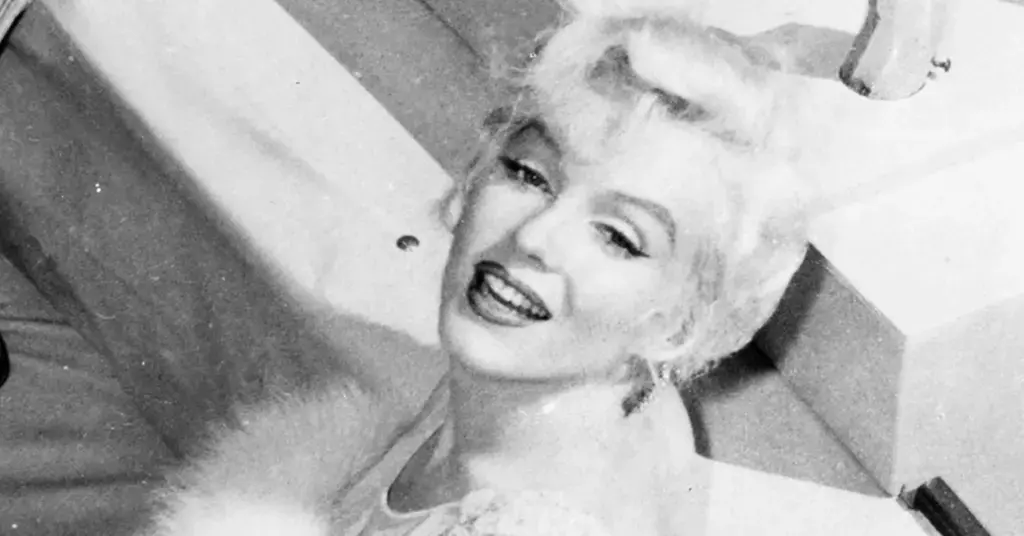Marilyn Monroe's First Near-Death Overdose Uncovered by a Hollywood Fixer Who Found Her Naked and Unconscious: Report

March 31 2024, Published 3:30 p.m. ET
In the spring of 1956, actress Marilyn Monroe had her first overdose that nearly claimed her life. The revelation of this near-tragedy comes to light in a thrilling new biography of Fred Otash, a former LA cop turned Hollywood "fixer," RadarOnline.com has learned.

Marilyn Monroe suffered her first overdose in 1956.
Otash, a renowned private investigator, received distressing news regarding Monroe's absence from the set of Bus Stop, which caused significant concern among the film's production team.
E. Maurice Adler, the producer of From Here to Eternity, expressed the urgency of finding Monroe swiftly, as her erratic behavior and unexplained disappearance were jeopardizing the movie's progress and financial stability.

Monroe with Tony Curtis in 'Some Like it Hot.'
After a year of negotiations and legal maneuvering, Monroe had secured a new contract with 20th Century Fox, who had agreed to pay her a staggering $100,000 per film (about $1.1 million today) over a seven-year period. The studio had also granted her story, director and cinematographer approval. It was an unprecedented deal.
Otash mobilized his investigative skills, forming a team with Barney Ruditsky, a private investigator known for working for Joe DiMaggio, Monroe's ex-husband.
Through meticulous tracing of travel records and intelligence gathering, they allegedly discovered the actress under the alias "Pearl Baker" in a shabby motel in Santa Barbara.

Monroe died in her home in 1962
Upon locating Monroe, Ruditsky and Otash were stunned by a distressing sight. The actress allegedly laid unconscious in a grim setting, surrounded by drug paraphernalia, with a heroin addict by her side.
Despite the legal and ethical complexities of the situation, they intervened to ensure Monroe's safety and well-being.
After ensuring Monroe's recovery in a discreet clinic, Otash orchestrated a strategic plan to manage the aftermath, including discreetly removing all traces of the incident and orchestrating a cover-up to protect Monroe's reputation.
Never miss a story — sign up for the RadarOnline.com newsletter to get your daily dose of dope. Daily. Breaking. Celebrity news. All free.
Powered by RedCircle

When the press asked about her absence, a studio publicist told them that the bombshell actress had relapsed from her earlier hospitalization for exhaustion and only needed a few more days of rest.
The final scenes of Bus Stop were eventually shot, and the film was released in August 1956. Marilyn received some of the best reviews of her career for her performance in the movie without any of the drama leaking out to the press at the time.
In a review of the film, the New York Times wrote, "Marilyn Monroe has finally proved herself an actress."
Monroe died of acute barbiturate poisoning on August 4, 1962, after years of drug abuse.



